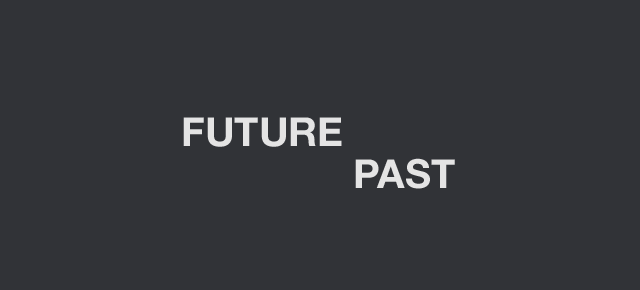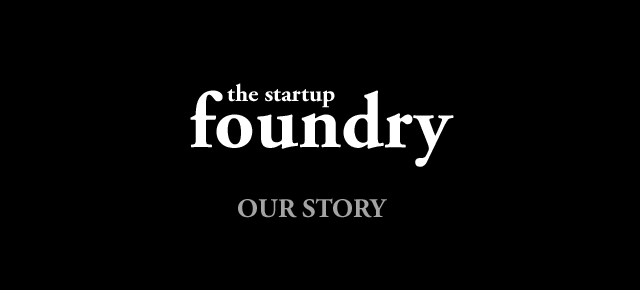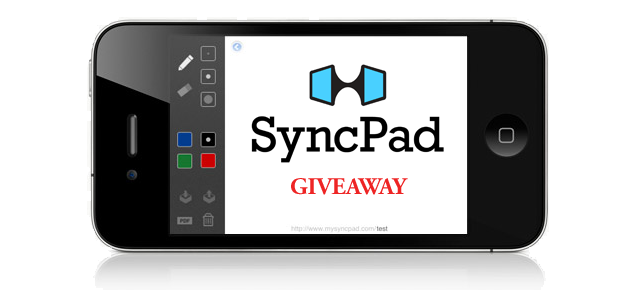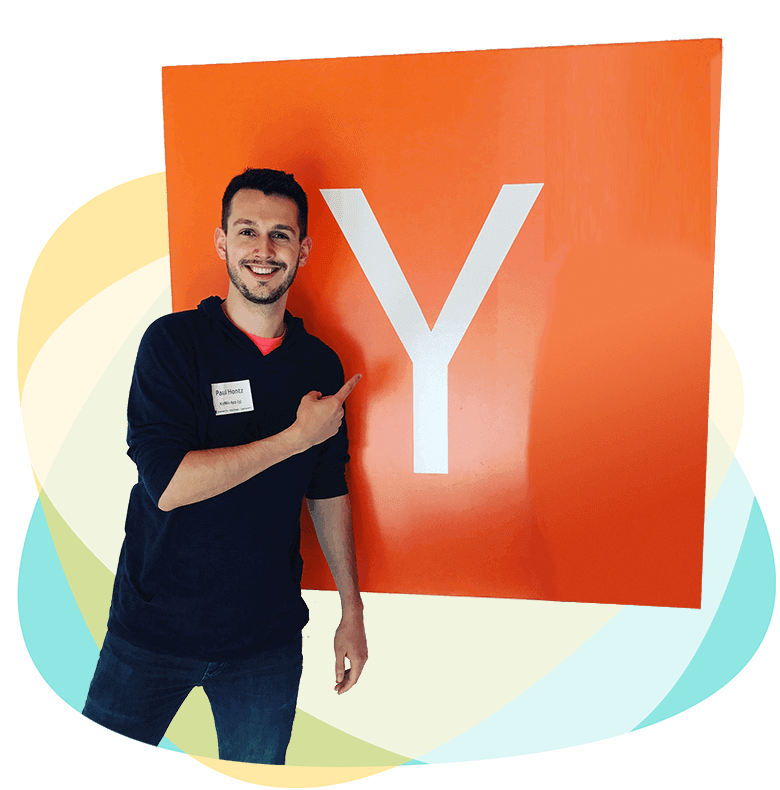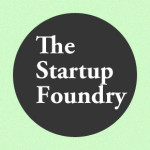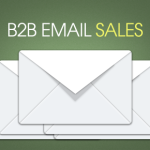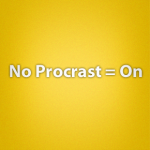
This is a guest post written by Wesley Verhoeve. He is an entrepreneur and artist manager, and loves to write about where business and music intersect. For more articles by Wesley please visit his website at WesleyVerhoeve.com
As the music business evolves and moves beyond the antiquated copyright exploitation model, it makes increasing amounts of sense to further explore the thoughts I’ve shared on the parallels between the future of our business and the current ways of the venture capital/tech start-up world. Every artist (the creative)and their manager (the business person, and together with the artist the product developer) should consider themselves creative entrepreneurs, not much different from the small team of Dave (the graphic designer/artist), Jason (the product developer) and Spencer(the business guy) at online portfolio start-up Carbonmade.
How It Works In The Current Tech Start-Up Business
In a simplified version of the start-up world the scenario goes as follows: a small team of creatives and business people create a product (an app, a web service, site, etc.) and bring it to market in a Beta form, while continuously improving and providing updates. They might initially be self-funded and bootstrapping, or they could be funded with the help of one or more Angel Investors. If the product catches on with a small group of passionate early adopters, and there is potential for a much wider base of users, the team might seek out additional investors to be able to shoot for this larger market. These second level investors could be Venture Capitalists(VCs) , who differ from Angels mostly in the scale of finances they can provide (bigger), the additional knowledge they can share to help speed up growth, and the support network they can provide. The original start-up shares ownership in the company with both rounds of investors. The investors are either looking for an exit (a sale of the start-up to a large company like Google), or sustained profits over time.
How It Could Work In The Future Music Business
When we translate this to the music industry we can draw some parallels. An artist and their manager start developing products together. They record demos/singles/EPs, produce a stage show and play small concerts, create artwork for branding and marketing, build a website (each of which are products!), and release them to friends/family/early adopters. This could be self-funded, or in part funded with smaller amounts of money from wonderfully nice family members, friends or through a service like Kickstarter or Pledge Music. In exchange the investors become small stake-holders in the career of the start-up team of artist and manager. (Note the difference from typical Kickstarter campaigns which are more like fancy pre-sales for the future product.)
With each product release, like a single, we build our customer base (or we could say fan base, but that’s so 2001), and as we learn from their feedback we adjust. Please note that I am not suggesting to change the art to fit an audience, but rather that we adapt the business elements(how do we offer the products, at which price point, through which channels, etc.).
As the start-up team bootstraps their way to an increased customer base, we add more members to the team to facilitate more growth and increased revenue. A booking agent can help us improve distribution of our live show product, visual artists can help us create more effective branding and marketing materials, an attorney can help us secure better deals, etc. These are contractors for the most part, and won’t take ownership.
An indie label or marketing firm might come on board in a second round of investments, and those could be considered bigger Angels, or even VCs depending on the level of investment/commitment. In exchange for a share of the profit they add value through additional manpower/skills, an increased network of supporters, additional funding, and services (royalty accounting, legal, distribution, synch pitching).
If the music is of a certain popular mass-appeal nature, an artist/music start-up can engage in a third round of investments. This time it would involve major investors (major labels). In exchange for a more substantial amount of money than a previous investor they acquire an additional chunk of equity (a co-release with the indie), or they can buy the angel’s piece of equity (upstream deal, master ownership). They can also offer additional services as part of the deal including radio support, mainstream media pr, etc.
The original start-up team won’t be looking for an exit, but a continuous stream of profits based on the different revenues streams that are developed. Angels could look for an exit in subsequent investment rounds (uncle Bob wants his money back and has no ambition to permanently operate in the music business!), and our version of VCs will look for partial ownership and continuous profit streams through catalog.
The Benefits
The benefits of this model over the current ways of the industry are obvious and plentiful.
- Artists maintain creative control and (partial) ownership of their creations.
- Investors gain ownership in all profit streams, but only in exchange for quantifiable contributions to the process.
- Early investors (including managers who put in sweat equity) who have stood the most risk and exhibited the most vision, stand to benefit at greater rates than those who jump on the bandwagon later. This will stimulate a new wave of artist development, rather than the current wave of lazy “wait-and-see” A&R behavior.
- The financial aspects of an artists career would gain incredible amounts of transparency, and accounting would be simplified.
- The quality of music would arguably benefit from the increased artistic influence of artists and their trusted advisors (producers, indies), the decreased artistic influence of suits, and greater diversity.
- Roles would be delineated much more clearly and people would focus on their strengths. Stay in your lane.
- Major Labels get to remake themselves and focus on their strengths
- Indie labels and new style management/label hybrids are better positioned to take back their rightful place as quality gatekeepers and this benefits our customers by freeing them from the clutter that has is so rampant in the world of music discovery.
- The increased sphere of societal influence will belong to the creators, and not the financiers.
- Job creation would take place in the music business as entire Major Label departments would spin off into a cottage industry of providers for start-ups and investors.
- Opportunities for music industry people to act shady are reduced, and the opportunity for artists to waste a ton of money is as well. A fairness doctrine.
A Few Things We’ll Need To Make This Happen
- An uncluttered way for Angels to find artist start-ups seeking investments (a curated myspace meets kickstarter?).
- A template legal and financial structure that protects investors and artists alike. And subsequently, music attorneys that can practice “real law”, and not just weird mystery theater entertainment law.
- A set of proper and relevant business analytics and post-Soundscan metrics that matter, both for artists and Angels, and a dashboard in which we can clearly track them.
- A new perspective, vision and a willingness to let go of the broken system we operate under at the moment. This will be easy for new artists, but hard and scary for those artists still making money right now under the old system.
